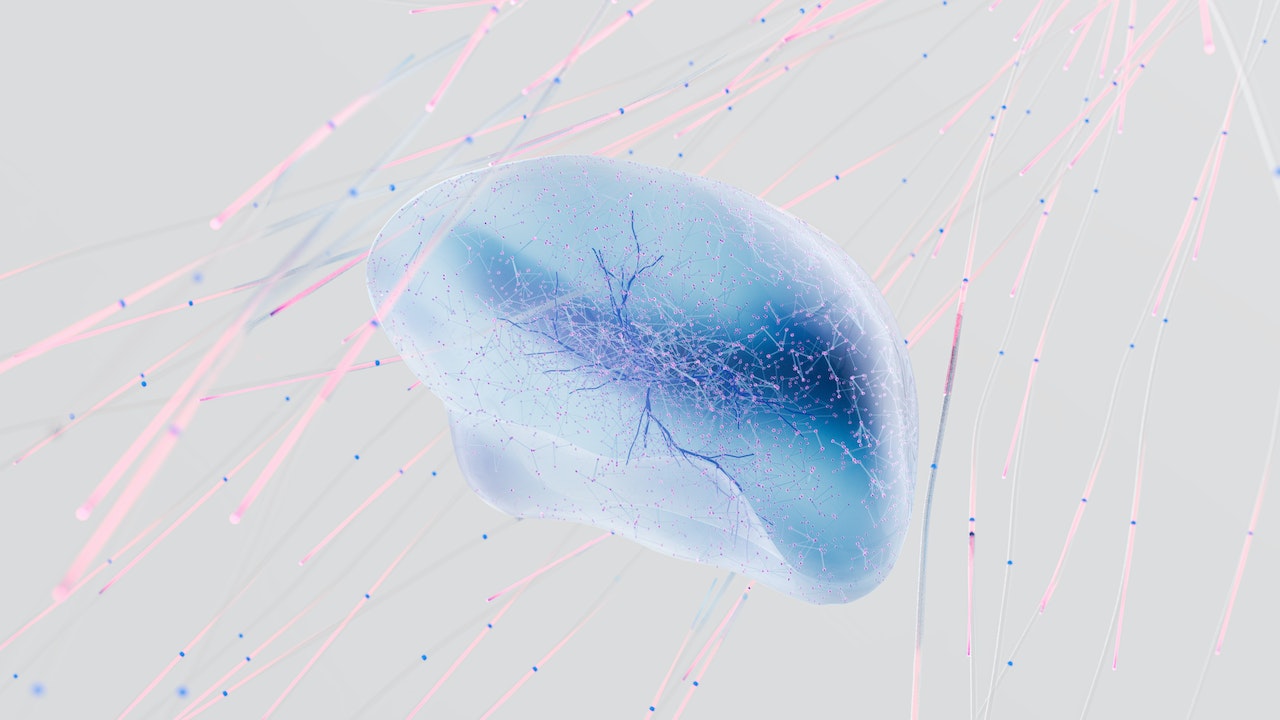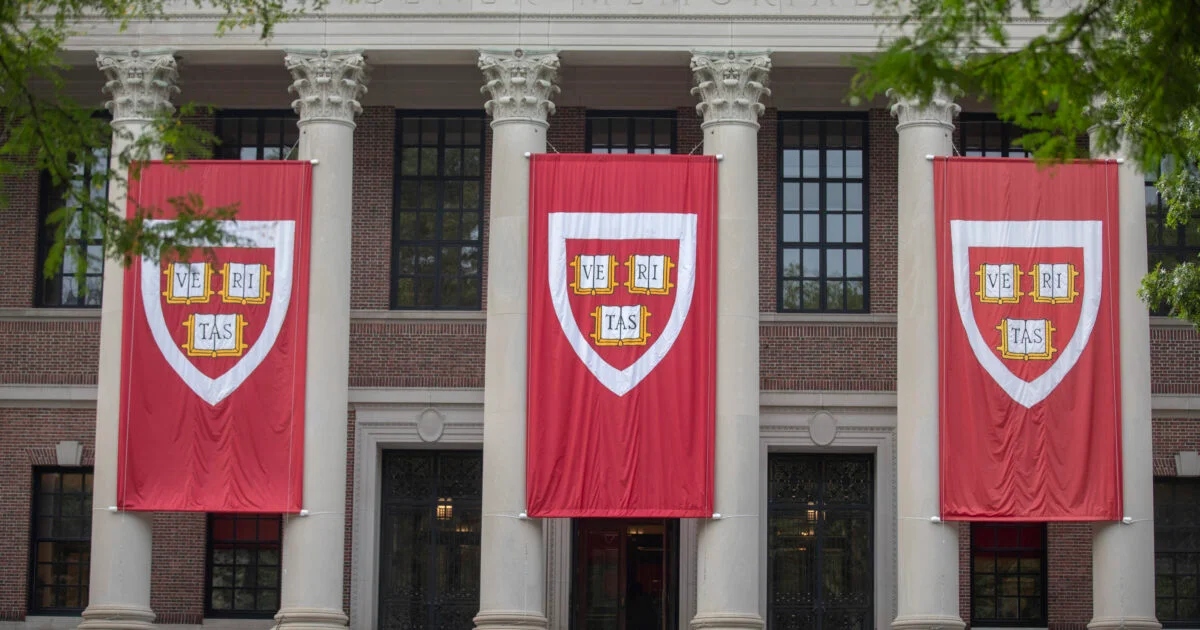Comments
- No comments found

There is a recent article in Harvard Gazette, Human Brain Seems Impossible to Map. What If We Started with Mice?, stating that, "Creating a connectome of the human brain could lead to new approaches in diagnosing and treating disorders of the brain, from autism to schizophrenia. Scientists suspect these diseases are “connectopathies” — subtle miswirings that no currently available brain scans can detect."

The article quoted the managing professor at Harvard, who said, “Connectomics is the only pathway. If we get to a point where doing a whole mouse brain becomes routine, you could think about doing it in say, animal models of autism. There is this level of understanding about brains that presently doesn’t exist. We know about the outward manifestations of behavior. We know about some of the molecules that are perturbed. But in between, the wiring diagrams, until now, there was no way to see them. Now, there is a way.”
It quoted the director of the BRAIN Initiative, saying “Current techniques lack either the resolution or the ability to scale across and map out large regions of the entire brain, information that is essential for unraveling the mysteries of this incredible organ. Following years of careful planning and input from the scientific community, BRAIN CONNECTS — which represents our third, large-scale transformative project — aims to develop the tools needed to obtain brain-wide connectivity maps at unprecedented levels of detail and scale.”
Other collaborators include teams from 'Princeton University, MIT, Cambridge University, Johns Hopkins and Google'.
The EU just concluded its Human Brain Project, which got off to a rough start then stabilized, but did not result in a map of the brain. The US BRAIN Initiative has been ongoing for close to a decade with no definitive result, with regards to mapping or its usefulness to mental illnesses.
The problem of the brain's complexity may not be solved by "embarking on a critical new step of that journey by seeking to capture synapse-level connectome data from a mouse brain at unprecedented clarity and resolution."
There is a question of the sense of self, which is a problem [of depersonalization, dissociation and detachment] in mental disorders, how does this synaptic capture tell? The mouse may or may not have a substantial self-consciousness, but how does the connectome data tell where the fraction of the sense of self is for a mouse?
Neuroscience observes that the brain makes predictions, in predictive coding and processing. How would the synaptic stuff explain?
When someone is experiencing a severely depressive heaviness, which is a situation like a boulder in the mind, where is it? Is it a synapse, a set of synapses or some neurons?
Brain science is quite advanced with what is known about the brain, but where should neurobiology be looking at, to find answers?
The connectome project may also be seeking how information is organized in the brain, may be for how the brain represents information at the synaptic level. Looking at everything may be useful but knowing what to look for, could be better to direct.
What is the theory of the connectome? If there is no theoretical basis, the success of the connectome may be extra anatomy. Synapses are seen as junctions where messages are passed. What else may be there in terms of what is proposed might be there, than to wait to see, which may or may not reveal much.
Where is intentionality in the brain? Intentionality, spread across functions, including to thoughts, which sometimes makes the difference between order and disorder. How does the connectome help out?
What theory has gone forth? How has that theory explained existing observations? What else is that theory guiding?
How does the connectome project bring the brain together? There are different studies on memory, emotions, regulations, feelings, thoughts and so forth. Does the brain actually differentiate between how it mechanizes everything, or do the labels make them different?
There are studies on clusters of neurons in different centers in the brain. There is research on neural correlates of behavior, consciousness, intelligence and the rest, but are neurons directly responsible? Or are the synapses? If there were no electrical and chemical signals, but neurons and synapses are still present, would it still be the brain?
How does the collection of signals, their features and interactions decide conditions of mental illnesses? The connectome project is already underway, what they get from it may not be much with regards to usefulness to curing mental disorders in this theoretical deficiency mode.
Leave your comments
Post comment as a guest